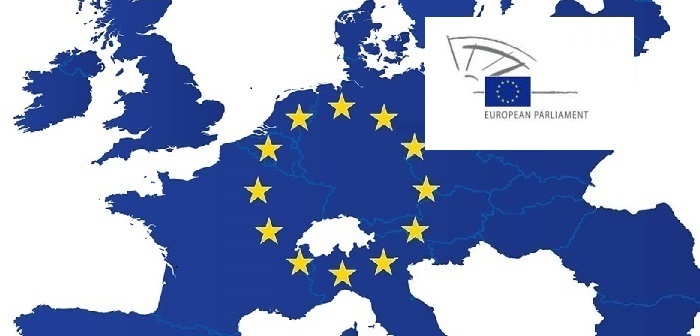The European Parliament (EP) has revealed that, to date, 58 genetically modified organisms (GMOs) have been authorised for consumption in food and feed products in the EU with another 58 currently waiting for approval.
The already-approved products include maize, cotton, soya, oilseed rape and sugar beet, according to a newly published EP information note headed “Eight things you should know about GMOs”.
The note has been produced ahead of a crucial vote on the future EU management of GMOs which will be taken during the EP’s next plenary session in Strasbourg, which runs from October 26-29.
In addition to explaining what GMOs are, and what crops are involved, the note outlines the current EU approach to the issue, as follows:
- GMOs can only be cultivated or sold for consumption in the EU after they have been authorised at the EU level. This process includes a scientific risk assessment.
- Most of the GMOs authorised in the EU are used to feed farm animals, but some imported food might also contain them.
- The EU food labelling system obliges companies to indicate if the food or feed they produce contains GMOs. This applies when GMOs account for at least 0.9% of the food or the feed. Companies also have the option to indicate on a label that their product does not contain GMOs.
- When it comes to cultivation, the authorisation is given at EU level, but member states have the last word. Since April 2015, countries can decide to ban the cultivation on their territory at any time during the authorisation procedure or even after authorisation has been granted. Countries can justify the ban for a variety of reasons and not, as was the case before, exclusively on the grounds of health or environment risks. However, for commercialisation, EU countries still have to abide by the decision at EU level.
Attention is also given to the current European Commission (EC) proposal to give member states the power to ban the commercialisation of GMOs on their territory, even if they have already been approved at EU level. The proposal has already been rejected, of course, by the Parliament’s agriculture committee and the environment and food safety committee.
“The environment and food safety committee rejected the proposal on October 13, because they fear it could prove unworkable and lead to border controls between countries that disagree on GMOs, which would affect the internal market,” it is stated in the EP note, adding that this now leaves the “final say” to the outcome of the vote in Strasbourg later this month.
“If they (all MEPs) also reject the proposal, then the current rules remain in effect, and a majority of member states can vote to approve or ban the commercialisation across the EU. If there is no majority for either option, then the decision has to be taken by the Commission.”




